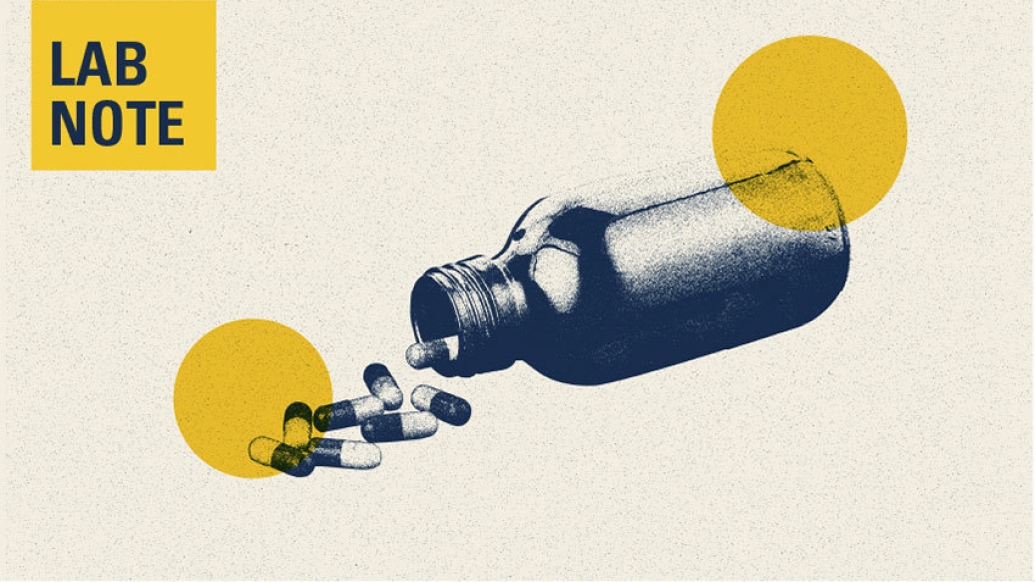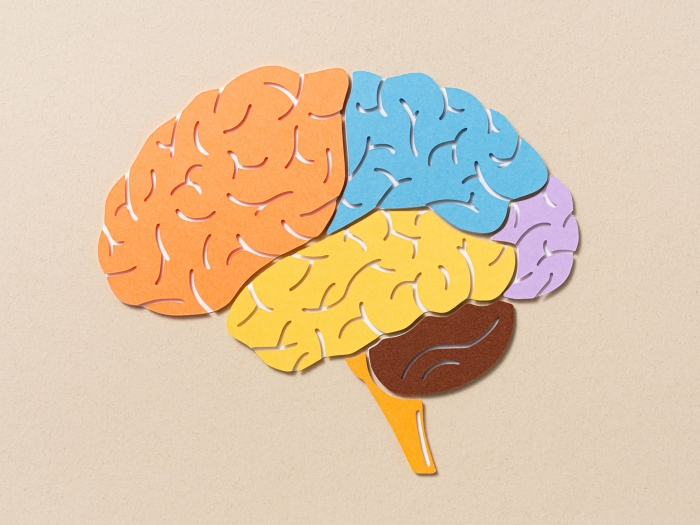Future studies are needed to determine if cost is a barrier for new medications with greater efficacy.
9:53 AM
Author |

While many new medications designed to treat neurologic diseases have hit the market, utilization by patients remains low due to high costs and similar effectiveness to existing drugs, a new study funded by the American Academy of Neurology finds.
A research team led by Michigan Medicine used pharmaceutical claims data from 2001 to 2019 to analyze use of new-to-market medications and existing guideline-supported medications for patients with one of 11 neurologic conditions, including multiple sclerosis, Parkinson's disease and migraine.
Results published in Neurology, the medical journal of AAN, reveal that fewer than 20% of patients were treated with new medications approved by the FDA between 2014 and 2018, while costs of these medications were significantly higher than existing treatments. The only condition with a higher usage rate of new medications was tardive dyskinesia at 32%.
The most expensive new treatment was edaravone for ALS at an average out-of-pocket cost of $713 a month. Researchers say the out-of-pocket costs for newer medications were more unpredictable than the costs for existing drugs due to the higher general costs of the medications and differences in each patient's insurance coverage.
"While some medications have shown a small increase in use, the overall impact of these new drugs is small, likely due to the comparable efficacy to the lower priced medications that were already on the market," said senior author Brian C. Callaghan, M.D., M.S., a neurologist at University of Michigan Health and the Eva L. Feldman, MD, PhD, Professor of Neurology at U-M Medical School. "Providers might also be deterred from prescribing these drugs due to high costs or insurance barriers. We must work to ensure that treatments for neurological conditions are affordable for patients."
Medications for two rare conditions, spinal muscular atrophy and transthyretin amyloidosis, have drastically improved outcomes. Researchers, however, were not able to analyze the effect of costs on use due to a limited number of participants.
View the release from the American Academy of Neurology.
Additional authors include Evan L. Reynolds, Ph.D., Gary Gallagher, M.D., Chloe E. Hill, M.D., Mousumi Banerjee, Ph.D., all of University of Michigan, Aristotle Mante, The American Academy of Neurology, and Gregory J. Esper, M.D., M.B.A., Emory University.
Disclosure: Callaghan consults for DynaMed, receives research support from the American Academy of Neurology and performs medical legal consultations including consultations for the Vaccine Injury Compensation Program.
Paper Cited: "Costs and Utilization of New-to-Market Neurologic Medications," Neurology. DOI: 10.1212/WNL.0000000000201627

Explore a variety of health care news & stories by visiting the Health Lab home page for more articles.

Department of Communication at Michigan Medicine
Want top health & research news weekly? Sign up for Health Lab’s newsletters today!





